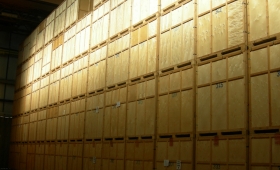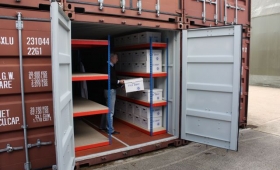
Business archives: what to keep and for how long
It is a legal requirement in the UK that businesses keep and retain records relating to the business transactions and accounts and that they are able to present these to HM Revenue and Customs (HMRC) upon request. Even those who are self employed need to be scrupulous with their accounting records if they want to avoid disruptive investigations by HMRC later down the line.
With data protection hot in the minds of the UK’s businesses, it is critical that you know what you should be keeping as business archives and what can be discarded, as well as knowing how long you should keep things for and why.




